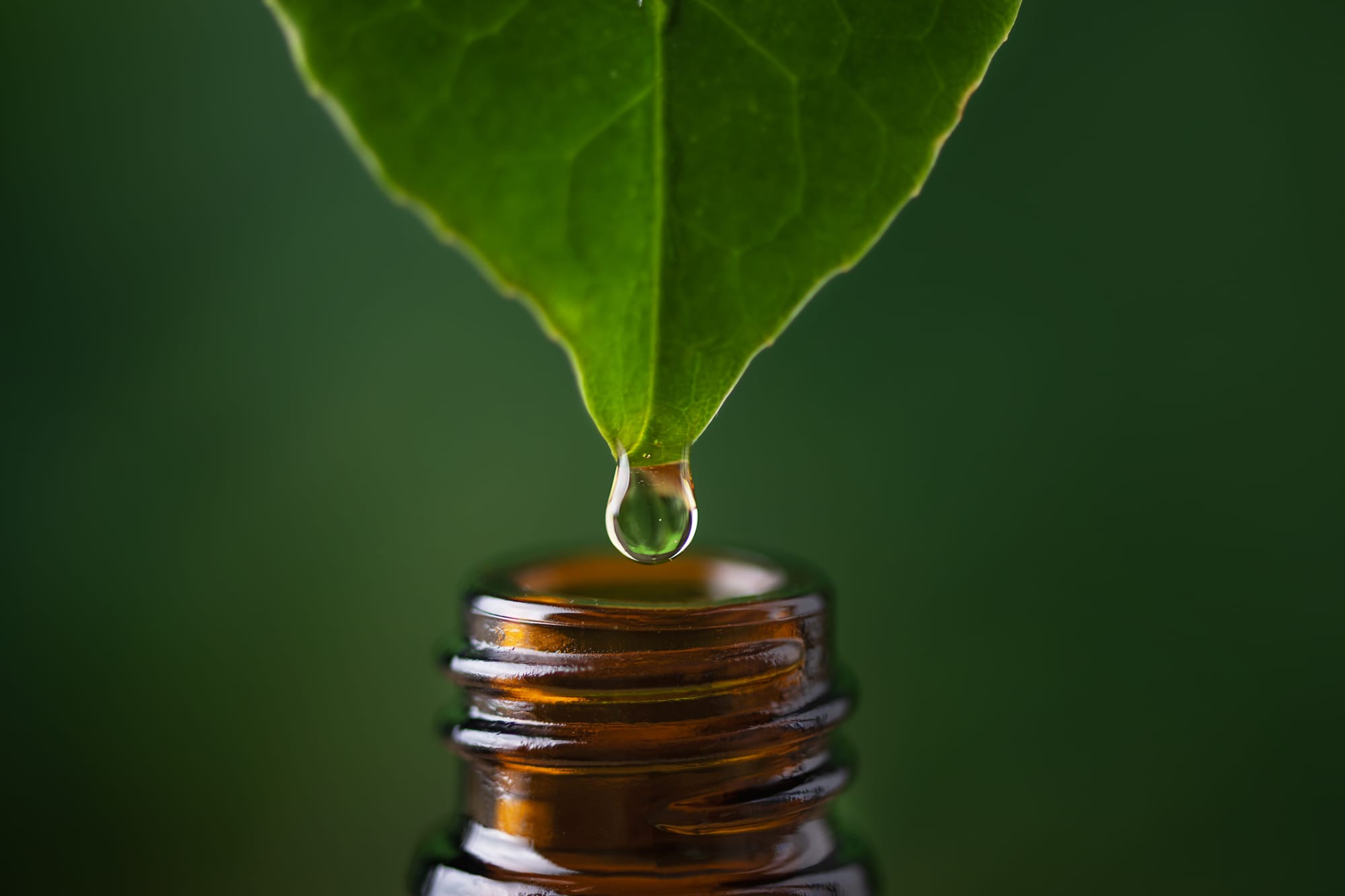Herbal Medicine


What are herbal supplements?
Plant-based supplements used to treat various diseases or for maintenance, are called herbal products, botanical products, or phytomedicines. Product sources made from plants and used only for internal use is called an herbal supplement. Many prescription medicines and over-the-counter medicines are also made from plant products. But these products contain only purified ingredients and are regulated by the FDA. Herb supplements may contain entire plants or plant parts. Herb supplements come in all forms. They may be dried, chopped, powdered, or in capsule or liquid form. They can be used in many ways, including:
Pills, powders, or concentrated liquid extracts such as tinctures and oil infusions
- Brewed as tea
- Used on the skin as gels, lotions, or creams
- Added to bath water
The practice of using herbal supplements dates back thousands of years. Today, herbal supplement use is common in the U.S. and around the world in many different cultures. But they are not for everyone. They are not subject to close scrutiny by the FDA or other governing agencies. For this reason, herbal supplements are still controversial. Talk with your healthcare provider about any symptoms or conditions you have. Discuss the use of herbal supplements.
The FDA and herbal supplements
The FDA considers herbal supplements and preparations as foods, not medicines. So they are not subject to the same testing, manufacturing, and labeling standards and regulations as medicines. Herbal preparations are used for different actions in the body. But herbal supplement labels are not permitted to say that herbs treat specific health conditions. This is because herbal supplements are not subject to clinical trials or to the same manufacturing standards as prescription or traditional over-the-counter medicines. There is no research that proves a certain herb cures or treats a health problem or prevents a certain condition. For example, St. John's wort is a popular herbal supplement. It's thought to be useful for treating depression in some cases. A product label on St. John's wort might say that it "enhances mood." But it can't claim to treat a specific condition, such as depression. Herbal supplements, unlike medicines, do not need to be standardized to make sure of batch-to-batch consistency. Some manufacturers may use the word standardized on a supplement label. But it may not mean the same thing from one manufacturer to the next.
Safeguards when choosing herbal supplements
Herbal supplements can interact with conventional medicines. Some may have strong effects. Don't self-diagnose or self-prescribe. Talk with your healthcare provider before taking herbal supplements.
- Educate yourself. Learn as much as you can about the herbs you are taking. Talk with your provider and contact herbal supplement manufacturers for information. Pharmacists can be easy to access, reliable sources of information on the effects of herbal supplements. They can also provide helpful information about any interactions between medicines and herbal supplements.
- Follow label instructions carefully. Taking herbal supplements, use what is the prescribed dosage only. Never take more than the advised dosage. Look for excusing for not using the supplement. Check for certain medicine interactions, or other factors when the supplement should not be used.
- Work with a professional. Look for the services of a trained and licensed herbalist or licensed naturopathic healthcare provider who has a lot of training in this area.
- Watch for negative reactions. If you have symptoms, such as nausea, dizziness, rash, headache, or upset stomach, reduce the dosage or stop taking the supplement. Get medical care if symptoms don't decrease. Or if they get worse.
- Allergic reactions to supplement . A severe allergic reaction can cause trouble breathing. If such a problem happens, call 911 or the emergency number in your area for help.